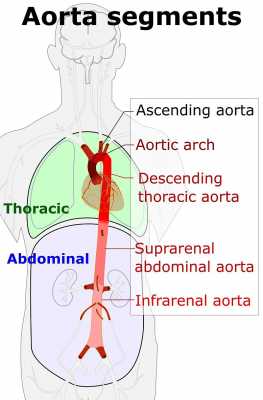Author Interviews, Infections / 01.04.2024
Decreases and Pronounced Geographic Variability in Antibiotic Prescribing in Medicaid
MedicalResearch.com Interview with:
Maria Y. Tian, MBS
Department of Medical Education
Geisinger Commonwealth School of Medicine
Scranton PA
MedicalResearch.com: What is the background for this study?
Response: The antibiotic crisis continues to worsen in the United States (U.S.), which has seen an increasing number of deaths associated with antibiotic resistance, becoming one of the most pressing threats to public health. Concurrently, the availability of effective antibiotics are decreasing, which increases the rates and severity of infections, particularly in patients with respiratory tract infections.
Unfortunately, a persistent and pernicious contributing factor to the crisis is the unnecessary prescription of antibiotics. In a previous study, 25% of antibiotics prescribed in the outpatient setting to Medicaid beneficiaries were not associated with a provider visit [2]. Furthermore, among 298 million prescriptions filled by 53 million Medicaid patients between 2004 and 2013, 45% of the prescriptions for antibiotics were made without any clear rationale [2].
In our study, we aimed to provide an up-to-date analysis of antibiotic prescribing in the U.S. through examining the temporal profile of outpatient antibiotic use reported by Medical Expenditure Panel System (MEPS) and geographical patterns of antibiotic prescribing rates among US Medicaid program beneficiaries. This will help identify potentially unnecessary prescriptions and inform stewardship efforts.
(more…)































